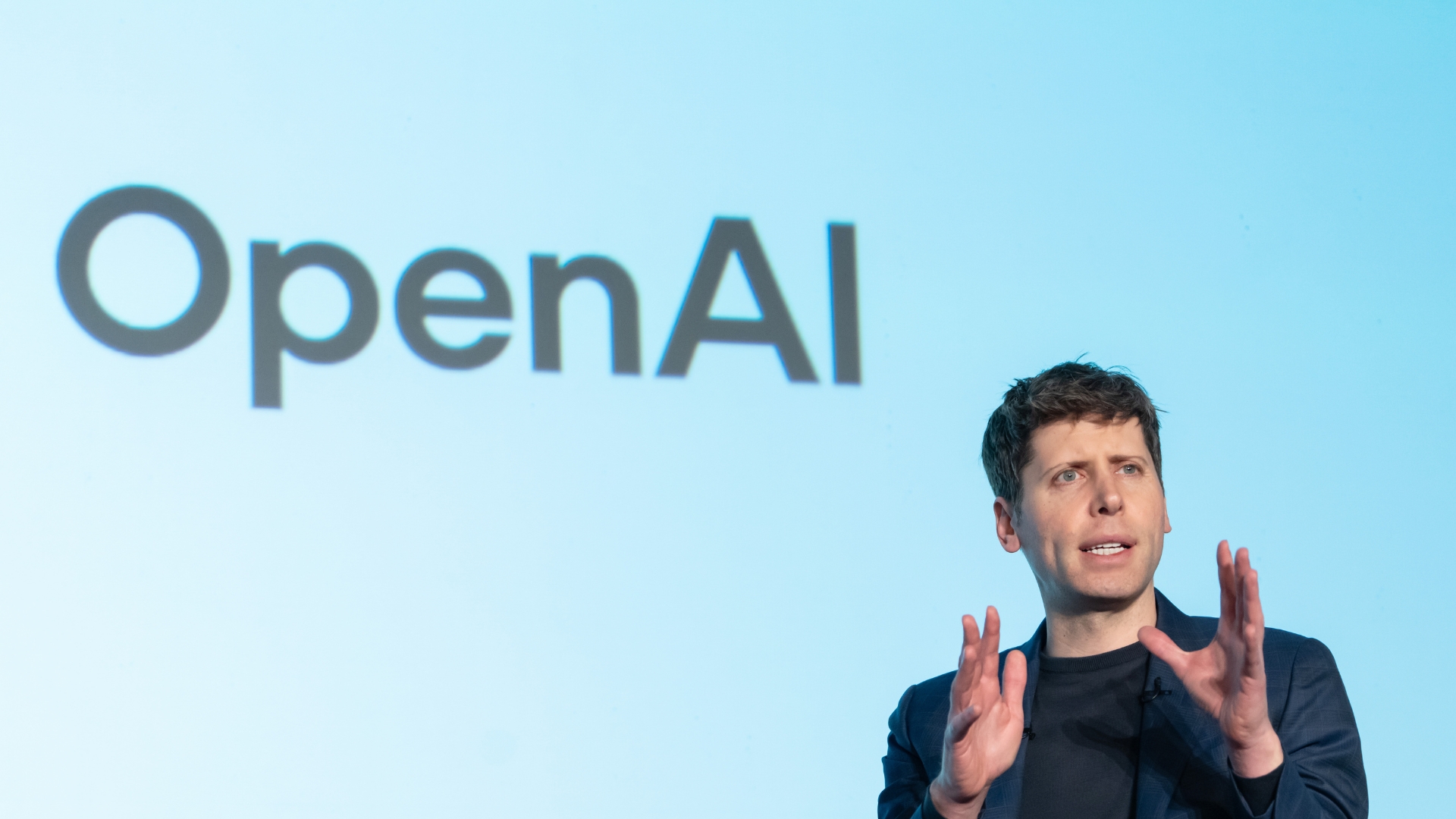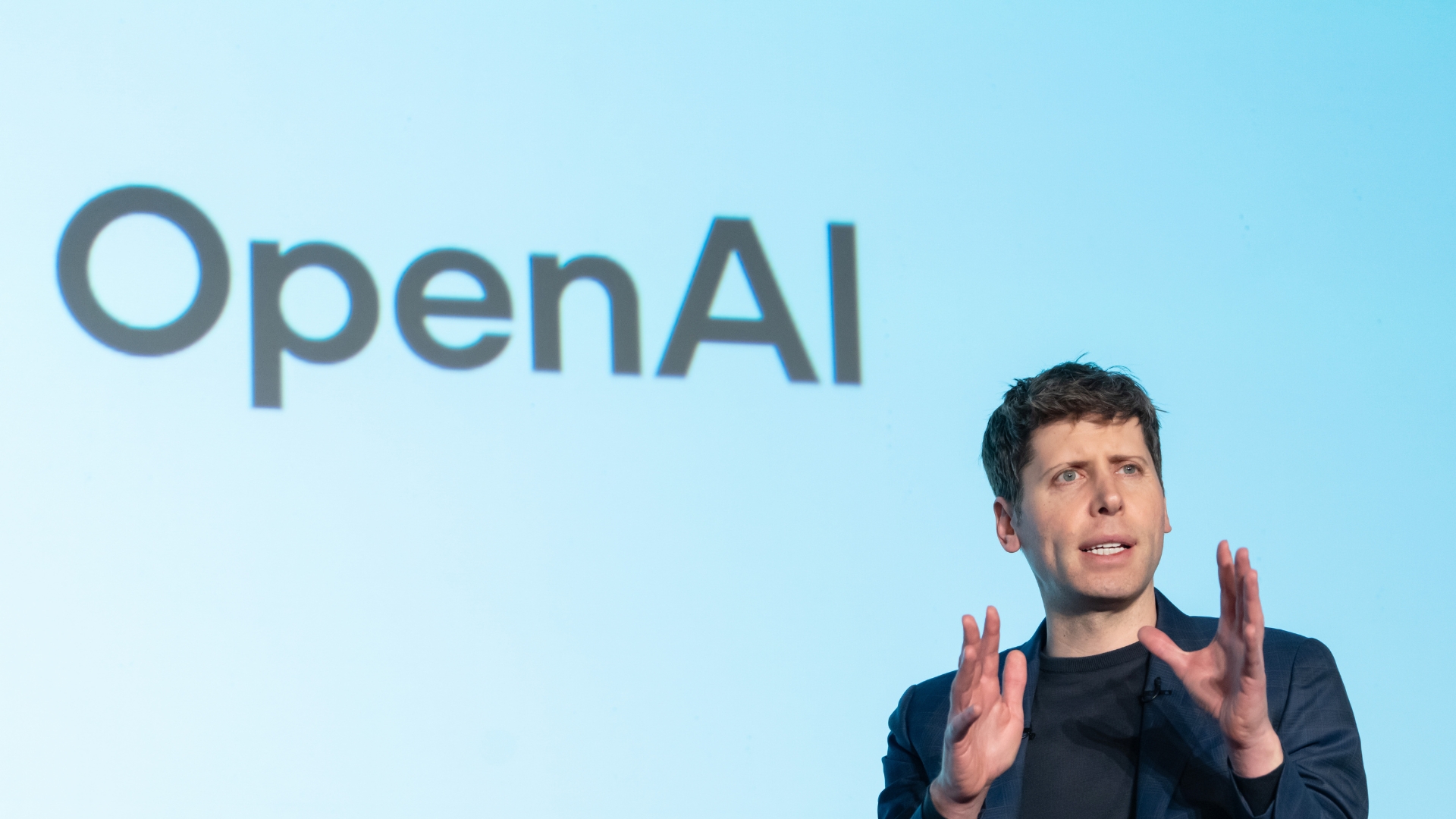Jony Ive, who famously designed the iPhone (among other iconic Apple devices), is about to become the design lead for OpenAI, the chatCPT AI giant that, for now, does not make a single hardware device.
The Wall Street Journal on Wednesday reported the impending deal, which sees OpenAI acquire Ive’s io company in a deal valued at $6.5 billion. As part of that, Ive becomes the design lead for OpenAI, a role he’s been slowly-stepping into for some time.
Ive, who famously led Apple’s design for decades, left the company in 2019 and, in recent months, has expressed some misgivings about the possible negative impact of the previous products he’s worked on (which might include the iPhone).
You may like
“I think when you’re innovating, of course, there will be unintended consequences, You hope that the majority will be pleasant surprises. Certain products that I’ve been very, very involved with, I think there were some unintended consequences that were far from pleasant,” said Ive earlier this month, according to the Verge.
While reports indicate that Ive and OpenAI CEO Sam Altman are interested in building AI-capable consumer hardware, a smartphone is probably not on that menu.
Instead, most expect the duo to focus on wearables like earbuds and smartwatches that could be enhanced with, for instance, cameras that could see your surroundings and use onboard AI to help you act on and react to them.
A soft approach
Ive’s focus will also apparently be on upgrading OpenAI software’s visual appeal. So expect an infusion of Ive-ness on ChatGPT on mobile and the desktop (where it has a particularly techy or dev-friendly look), as well as on Sora and Dall-E interfaces.
In the latter part of his career at Apple, Ive was most responsible for stripping away skeuomorphism – making digital icons look like their real-world counterparts – across Apple’s platforms. OpenAI’s software doesn’t suffer from the skeuomorphic scourge, but some could argue its overall look is less than elegant.
If you’re curious if Ive’s design skills are still up to snuff, just take a look at the updated Airbnb, which Ive’s Loveform firm redesigned. Loveform, by the way, is set to remain a stand-alone company and will, according to The Wall Street Journal, work with OpenAI as a client.
The news must sting Apple a little bit. The company, which partnered with OpenAI to include ChatGPT access in Apple Intelligence, has not only failed to deliver its own generative AI, but is falling behind the industry in delivering a true, combined hardware/software AI experience.

Hints of hardware to come
It’ll be fascinating to see what Altman and Ive cook up, and we already have some hints.
Altman announced the deal by tweeting that he’s “excited to try to create a new generation of AI-powered computers.” Taken literally, we might expect an AI PC from the team, but I think here Altman means “computers writ large” in that most intelligent consumer electronics could be considered computing devices.
The tweet was accompanied by a video featuring a conversation between Ive and Altman, in which Altman described developing “a family of devices that would let people use AI to create all sorts of different things.”
Without disclosing the product, Ive revealed that “the first one we’ve been working on has almost completely captured our imagination.” Further, Altman added that Ive handed him the device to take home. “I’ve been able to live with it and I think it’s the coolest piece of technology that the world will have ever seen.”
No matter what they’re building, it’s worth remembering that the road to AI hardware success is already littered with the rotting carcasses of failed ventures like Human AI. Regular people have not shown great interest in wearing AI hardware that doesn’t align with their current fashion choices.
thrilled to be partnering with jony, imo the greatest designer in the world.excited to try to create a new generation of AI-powered computers. pic.twitter.com/IPZBNrz1jQMay 21, 2025
That said, there may be an opportunity for OpenAI, Ive, and Altman in the smart glasses space. It’s the one AI-connected device area that appears to be showing some real signs of life. That’s mostly down to Meta’s efforts with Ray Ban Meta Smart Glasses, but also evidenced by the upcoming influx of Android XR competitors from Google partners Samsung, Warby Parker, and others. Some were announced this week at Google I/O 2025, and all of them will feature Gemini at their core.
OpenAI and ChatGPT may be leading in the generative AI space, but Google Gemini is close behind. And if Android XR partners can deliver stylish Gemini Smart Glasses this year, it could quickly vault Gemini into the lead. At the very least, this puts pressure on OpenAI to deliver something.
Is Jony Ive the secret sauce that will make ChatGPT AI glasses, earbuds, smart watches, and other consumer hardware possible and desirable? Maybe. OpenAI says we’ll see their work next year. Just don’t expect a ChatGPT Phone.
You might also like
Services Marketplace – Listings, Bookings & Reviews
